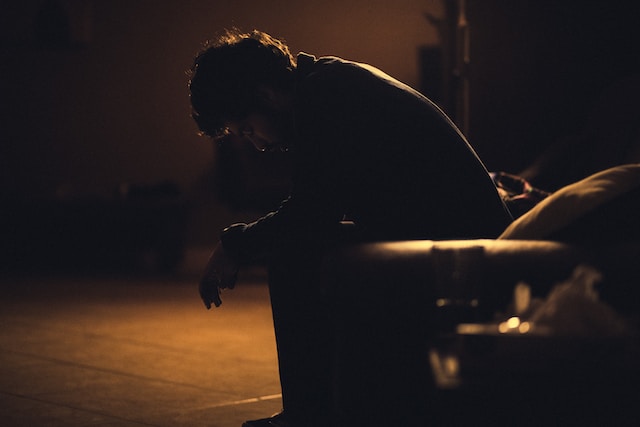
Depression can be severe and may affect people’s daily lives. It’s important to get treatment right away — especially if you have thoughts of suicide. Continue reading this blog to learn more about depression treatment.
Talk therapy can be a powerful treatment for depression. Psychiatrists and psychologists use psychotherapy (talk therapy) to treat mental illness, but they have different approaches.
Why See a Mental Health Counselor?
If you are struggling with depression, it is important to get help. Depression can have a serious impact on your life and relationships. A mental health counselor can help you learn to manage your feelings and build healthy coping skills. They can also teach you about alternative treatments, such as vitamin supplements or acupuncture.
Many people feel sad or depressed from time to time. However, if your symptoms are chronic and severe, it is time to seek help. Depression can be a sign of underlying health problems or a reaction to traumatic events or stress.
Talk therapy can be an effective treatment for depression. Whether you choose individual or group therapy, cognitive behavioral therapy (CBT), interpersonal therapy or psychodynamic therapy, your therapist can help you find the right approach to improve your mood and prevent depression from returning. Before starting any therapy, you should talk to your primary care doctor to check for a physical cause of your symptoms.
What to Expect During Depression Treatment
Your mental health counselor will start by asking about your symptoms and how long you’ve had them. She or he also will want to know whether they’re constant, or come and go. Your mental health professional will likely do a physical exam, and may order lab tests to rule out an underlying health problem as the cause of your depression.
Depending on your diagnosis, a counselor can suggest therapy types that might help. These include:
Cognitive behavioral therapy (CBT) helps you identify and change negative thought patterns. It involves individual and group therapy sessions.
Dialectical behavior therapy (DBT) is a form of talk therapy for people who have trouble regulating emotions. It teaches skills to manage emotional extremes and improve communication.
Family therapy addresses issues involving relationships with other members of your household or extended family. It’s often used in conjunction with psychotherapy to support your recovery. Never skip psychotherapy sessions or stop taking your antidepressant medication unless your doctor tells you to do so. Stopping treatment can lead to a recurrence of your depression symptoms and even suicide.
Getting Started
Your doctor can assess your symptoms and refer you for treatment with a psychologist, social worker or counsellor. You can also receive a rebate for seeing most of these professionals through Medicare – ask your GP about this.
Often depression treatments are a combination of psychotherapy and medication. Therapy can help you learn skills to deal with your depression, while medication may alleviate some of the symptoms that are causing them.
Evidence based psychotherapies such as cognitive behavioral therapy (CBT) have been shown to be effective in treating depression. During CBT you will learn how to identify unhelpful thought patterns and build coping skills. Other types of therapies that have been found to be helpful in the treatment of depression include dialectical behavior therapy and interpersonal therapy.
Lifestyle changes can also be part of a depression treatment plan. It’s important to eat well, get enough sleep and exercise regularly. Relaxation techniques such as meditation, yoga or deep breathing can reduce stress and improve mood.
Finding a Therapist
It can take some time to find a therapist who is the right match. It’s important to ask for recommendations and interview therapists. The right person can be a crucial partner in your recovery and can make a difference in how you feel about yourself, your life, and your future.
If you know that an approach like cognitive behavioral therapy, dialectical behavior therapy, or eye movement desensitization and reprocessing has helped others with depression, look for a counselor who has experience using those techniques. Likewise, if you know that medication will be part of your treatment plan, find a psychiatrist who specializes in mental health disorders.
Word of mouth can be a helpful source for finding a therapist, but you can also check the websites of national mental health professional organizations to see if they have a list of licensed credentialed providers. Some community organizations, like senior centers or religious groups, may offer psychotherapy on a sliding scale as well.
Contact Me For Depression Treatment
If so, you are not alone. Depression is a common mental illness that affects millions of people worldwide. It can cause a variety of symptoms, including sadness, hopelessness, fatigue, and difficulty concentrating. If you are experiencing these symptoms, it is important to seek help from a mental health professional.
I am a licensed mental health counselor in Chandler, Arizona. I specialize in the treatment of depression and other mental health disorders. I am committed to providing my clients with the highest quality of care.
If you are interested in learning more about my services, please contact me today. I would be happy to answer any questions you have and help you get started on the road to recovery.
I look forward to hearing from you.